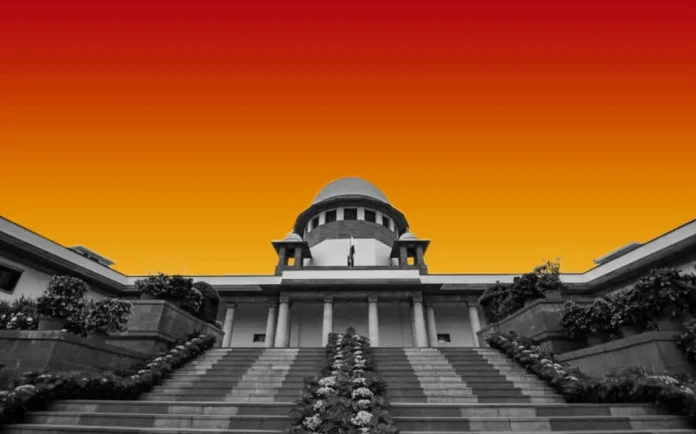The Supreme Court on Thursday segregated a batch of 22 petitions related to the deportation of Rohingyas and their living conditions in refugee camps, and framed various issues regarding the matter, including whether Rohingyas were entitled to be declared as refugees.
The three-judge Bench of Justice Surya Kant, Justice Dipankar Datta and Justice N Kotiswar Singh observed that once this major issue of whether the Rohingyas should be treated as refugees or illegal immigrants was decided, rest matters would become consequential.
It segregated the cases into two categories – Batch I and Batch II. While the first batch concerned the refugee status of the Rohingyas and connected matters, the second batch of pleas concerned their living conditions, ranging from habitation, health, sanitation, access to clean water and education, etc.
Senior Advocate Prashant Bhushan, Amicus Curiae, along with other Advocates appearing for the petitioners, contended that although there were some overlapping matters, the core issue remained the deportation of the Rohingyas and whether they were to be treated as refugees or illegal immigrants.
The top court of the country framed a set of five questions regarding the matter, including whether the Rohingyas were entitled to be declared as refugees. If so, what protection/rights were they entitled to.
If Rohingyas were to be treated as illegal entrants, were the actions of the Union in deporting them were justified. In that case, could they be detained indefinitely or were they entitled to release on bail, subject to such conditions as the Court may deem fit to be imposed.
The Court asked whether the Rohingyas living in refugee camps were provided with sanitation, drinking water, education and other basic amenities in conformity with Article 21 of the Constitution of India.
In case the Rohingyas were held as illegal entrants, whether the Government of India and the States were obligated to deport them in accordance with law, it further sought to know.
The Apex Court said that it would deal separately with the issues arising in Batch II, and left those matters open as of now.


